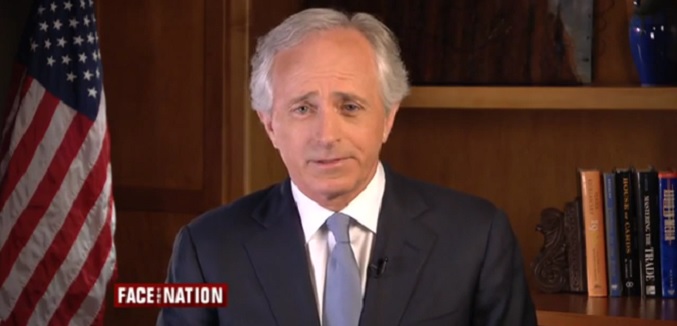A new quantitative indicator developed jointly by Roubini Global Economics and the Foundation for Defense of Democracies (FDD) points towards an improved economic outlook for Iran. The calculations, based on sentiment analysis derived from proprietary natural language processing algorithms, were detailed Friday in a new report published by Mark Dubowitz and Paul Domjan, respectively the executive director at FDD and the Managing Director at Roubini.
…the West may have already weakened its negotiating position by shifting the sanctions environment and injecting new life into the Iranian economy. The indicator suggests that the de-escalation of sanctions since mid-2013, the election of Iranian President Hassan Rouhani in June 2013, the optimism fueled by the November 2013 negotiations in Geneva between the P5+1, and the provision of $7 billion in direct sanctions relief to Iran as part of the Joint Plan of Action (JPOA) in January 2014, may be driving up positive sentiment, both domestically and internationally. This sentiment appears to be directly contributing to Iran’s modest economic growth…the indicator identified a change in the perceptions of Iran globally and perhaps more importantly in Iran itself, where confidence in the rial’s value increased, making Iranians more confident to hold domestic assets rather than hoarding dollars or fuelling domestic asset bubbles. This, in turn, gave breathing space to the Iranian government to put its economy on a stronger foundation by tightening fiscal and monetary policy to restrain inflation.
The result is that economic leverage, which Western negotiators are relying on to coerce Iran into putting its atomic program beyond use for weaponization, may have been badly sapped. Members of Congress had months ago worried about precisely such a dynamic emerging, and had sought to strengthen the hand of Western negotiators via legislation locking in future sanctions against Iran should it fail to make sufficiently robust concessions. That effort had been scuttled by the administration officials, who declared that so-called core sanctions – which they insisted were holding, against the analysis of skeptics – were sufficient to extract a workable deal. The political debate seems set to be reopened after the White House signaled this week that the West may be forced to swallow a deal that would let Tehran maintain its ability to construct a nuclear weapons. The Daily Beast revealed late on Friday that Sen. Bob Corker (R-TN) intends to make a last-ditch effort to reassert a Congressional role in negotiations.
[Photo: Face the Nation on CBS / YouTube]




